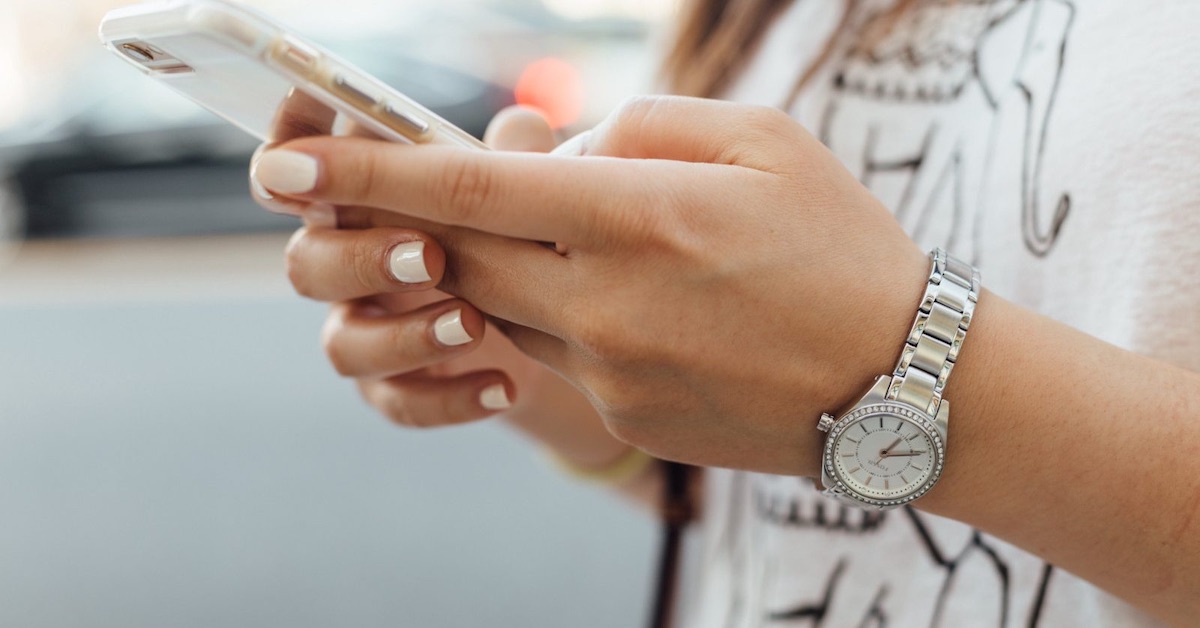10 Ways to Maintain Balance During Coronavirus

Sarah-Valin Bloom, LCSW
Clinical Director at Quartet Health
March 17, 2020
Amidst the chaos that has accompanied the announcement of COVID-19 as a pandemic, it’s important to take good care of ourselves and those we love. While personal hygiene, handwashing, and other CDC recommended measures are imperative to the prevention and containment of the coronavirus, other self-care activities can help manage our wellbeing and emotional responses to the circumstances we’re all confronted with.
It is common for many people to experience feelings of fear, anxiety, panic, and/or lack of control. While we don’t necessarily have control over the circumstances, we do maintain control of our ability to care for ourselves. Social distancing, working from home, and other changes that influence our ability to interact with the world can take a toll on our mental, emotional, and physical health. Below are ten ways to help maintain balance and overall well being.
- Stay Educated, Not Inundated
Choose a small number of reputable and reliable news sources to keep yourself updated. Avoid sensational media or feeling the need to read everything on social media. This type of information is often not verified and can increase feelings of fear and anxiety.
2. It’s Okay to Set Boundaries!
If talking about coronavirus feels overwhelming, it’s okay to say that you’d rather not discuss it. While being informed is important, talking about it socially is not a necessity.
3. Talk About Your Feelings
Talking to others about feelings of fear, anxiety, or other emotions is important. If you’re feeling that way, likely, others are too. If your feelings become overwhelming or unmanageable, talking to a therapist or your doctor can help! Many communities also have additional resources in place, in the form of hotlines — see what is available to you.
4. Move Your Body
Taking care of your physical health is just as important as your emotional health. If you’re a regular at the gym, but would rather avoid it, for now, find creative ways to workout at home. Using fitness apps or free online workouts can be great. Even if you don’t love the gym, moving your body is still important! Put on some music and dance, go outside for a walk, or do some stretching indoors.
5. Nourish Your Body
As many people prepare to be at home for longer periods of time, food shopping has become a major activity. Be mindful of the foods you’re choosing to stock up on. Snacks and treats are great but don’t offer much in the way of nutritional value. Make sure you eat regular, balanced meals. Another important part of nourishing your body is rest — remember to maintain a regular sleep schedule and get enough of it!
6. Maintain Social Contact
Social distancing can impact both your social and work life. We are social beings and interaction and connection in some form are important. Set up a time to video chat, talk on the phone, or text with friends, family, and/or colleagues. We often take for granted the small interactions we have daily, but when we begin to limit those, we can feel the impact. To help buffer feelings of social isolation, set aside time to connect with others and make use of your phone, text, apps, and/or workplace communication tools, like Slack. Just stay connected!
7. Create a Schedule
If some of these recent changes have impacted your regular schedule, or even turned it completely upside down, it’s important to create a new routine. Make sure you schedule time not only for work, but social interaction, physical activity, downtime, and sleep. Balance is important and needs to be considered as you re-imagine what your day will look like.
8. Set Up A Designated Work Space
If you find yourself working from home, set up an area that’s comfortable for productive work. No matter where it is, make sure that you get up and move to another room or area for breaks throughout the day!
9. Make Use of Telehealth
If you’re in therapy and unable to get to your appointments, look into available tele options — perhaps your therapist offers video sessions. If you need a private space to talk to your therapist, don’t be afraid to get creative — your car, the bathroom, or going outside for a walk while in session are all options. Other tele resources like self-guided apps or remote therapy apps can also be helpful.
10. Stay Mindful and Present
Staying grounded, even though it may feel like things around us are out of control, is important. Using meditation or mindful breathing can help, and there are plenty of free guided meditations that can be found online, via an app or other resource, which are all great ways to practice! Mindfulness helps to keep us in the present moment and is a helpful way to combat fear, anxiety, or panic. Many yoga and meditation studios are also offering virtual classes, which can be a nice way to access this while supporting small businesses!
However you decide to do it, make sure you maintain your overall wellbeing while the COVID-19 crisis continues.
Sarah-Valin Bloom, LCSW is the Clinical Director at Quartet Health. Her clinical expertise and work with patients focus on crisis stabilization and the treatment of complex trauma. In addition to her clinical work, Sarah-Valin is trained in mindfulness, meditation, and yoga which she incorporates into her work. She is passionate about patient care and believes deeply in the power of collaboration. Sarah-Valin joined the Quartet team to use her clinical expertise and background to help change the face of healthcare by integrating physical and mental health.
Explore more

7 Things I Wished I’d Known Before Starting Therapy
Going to therapy is like opening up a history book about yourself, written by you, and sharing it with a stranger.

What Microaggressions Are Really Doing to Your Health
They may have the word “micro” in them, but microaggressions are often likened to “death by a thousand cuts.”

COVID Has Changed The World as We Know It — It’s Okay to Grieve
Grief is a normal part of the human experience, but we live in a society that has little room for it.



